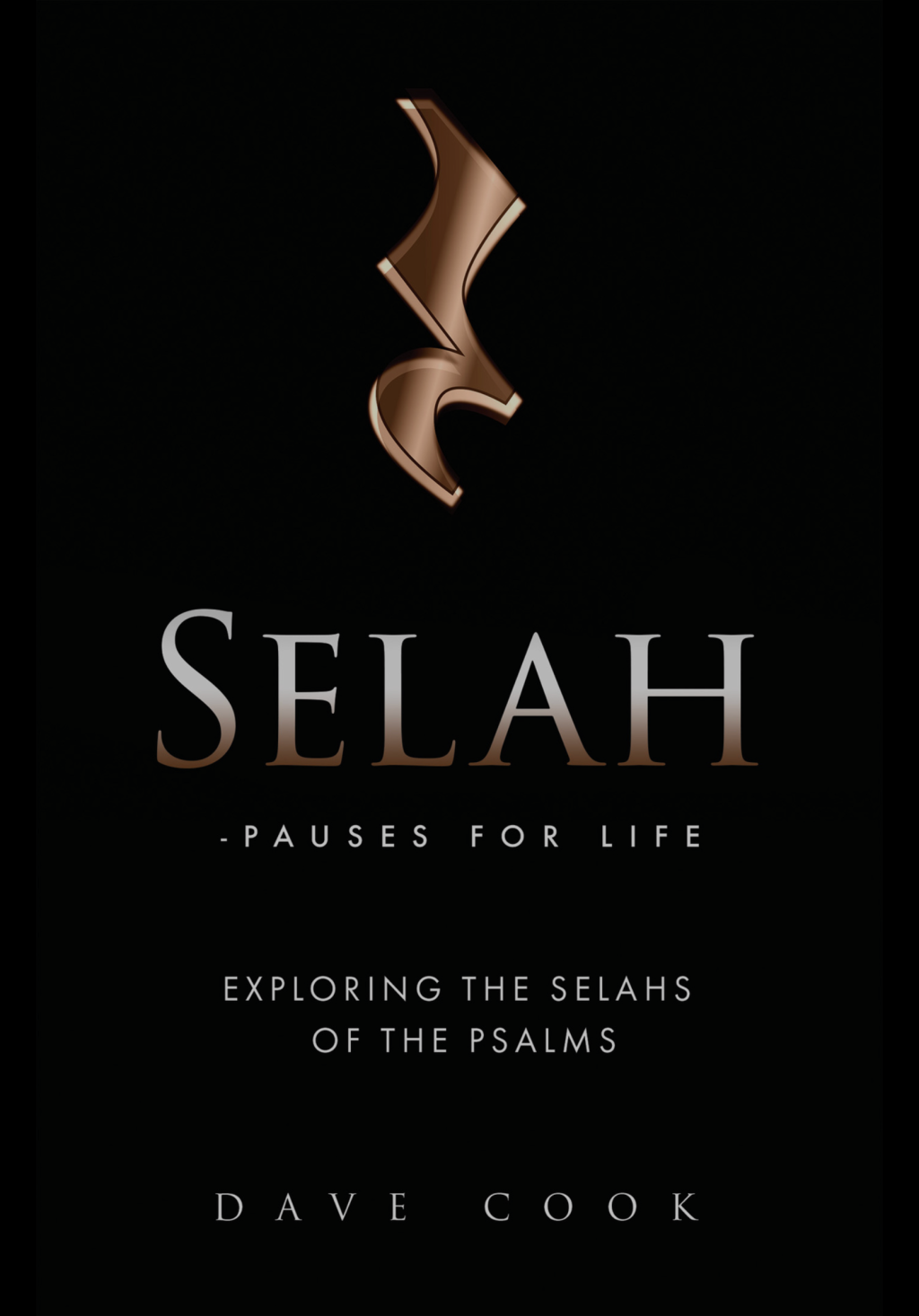Is there a difference between being valuable and being sacred? Cars are valuable but they are not sacred (at least to most people). Diamonds and gold are prized because of the way they hold their value – but they are not sacred.
Value is associated with usefulness. A car is valuable to its owner because it can get him to work, outings, church, and other places. Diamonds and gold are valuable because they can be sold and the money can be traded for goods and services. Value is highly subjective. An item that is valuable (or useful) to me may not be as valuable (useful) to you. It is also very fluid over time. When you were two you could not part with your teddy bear without sobs and tears. You probably don’t even know where it is now.
But when something is sacred it exists in a completely different realm. Sanctity is a quality that transcends the material universe and is rooted in the divine. Dictionary.com defines sacred as “devoted or dedicated to a deity or to some religious purpose; consecrated.”
When something is sacred, it is sacred because it belongs to God. It is His property and should be treated as such.
On January 22, 1973 the Supreme Court legalized abortion in all 50 states. Eleven years later President Reagan designated the same date as National Sanctity of Human Life Day. After that, every Republican President has made a similar proclamation for January 22nd, or the Sunday near it. Interestingly, every Democrat President since then has refused to sign a similar proclamation.
Why should we believe that human life is sacred? There are a lot of reasons – but Psalm 8 sums them up in a nutshell.
First of all, human life is sacred because there is a God. Psalm 8 is book-ended by these two verses:
O LORD our Lord, how excellent is thy name in all the earth!
who hast set thy glory above the heavens. . . .
O LORD our Lord,how excellent is thy name in all the earth!
Psalm 8:1,9
He is not a “force,” or a (little g) god, but an almighty, all-powerful, omniscient, omnipresent, holy, and personal God. If He did not exist, then nothing would be sacred. Refusing to believe in God does not make Him disappear. He is there whether we choose to acknowledge Him or not. Our unbelief does not affect Him.
Refusing to believe in Him, however, will affect us. A brief review of history shows us that, although many lives have been unjustly snuffed out “in the name of God,” many, many more have been slaughtered by governments who deny His existence. If someone does not believe there is a God, then humanity is just a fortunate cosmic accident that must be managed as efficiently as possible.
On what principle will this management rest? The principle of value. A life could be deemed valuable if he or she did not stand in the way of what the “collective” (a convenient term for the opinion of those in power) wanted to do. However, if that person chose to resist, hinder, and/or oppose said government – the value of that life would rapidly decline.
Human life is also sacred because it is noticed by God. In Psalm 8: 3-4, the psalmist tells the Lord:
When I consider thy heavens, the work of thy fingers, the moon and the stars, which thou hast ordained;
What is man, that thou art mindful of him? and the son of man, that thou visitest him
God is omniscient – He knows everything that has happened, is happening, and will happen in every cubic nanometer of the entire universe. Yet, with all that knowledge he still “marks” every human life that has ever been conceived. He is “mindful” of each one of us. Every one of us have the special undivided attention of this all-knowing God. Not only does He notice us – but He also “visits” us. He cares for us, oversees our affairs. He is especially concerned for the most vulnerable. The poor, the fatherless, the alien, and the widows are all of special interest to Him (Exodus 21:14; 22:13; Deuteronomy 10:18; 24:17,19,20,21; 27:19)
Because this is true, whenever the blood of an innocent person is shed by another – God takes special attention. This is why God, not man, instituted capital punishment for murder (Genesis 9:4-6). When innocent blood is shed, it cries out to God – demanding justice (Genesis 4:9-10). In Psalm 9:12 we are told that God “maketh inquisition”, or avenges, the shed blood of the humble and oppressed. Who is more innocent, vulnerable or helpless than a baby in the womb? Would not God do His best to avenge the person, or nation, that makes this possible – or, even worse, legitimizes and promotes it?
Third, we see that mankind is a special creation of God – separate from, and even placed over, the animals. Psalm 8:5-8 tells us:
For thou hast made him a little lower than the angels, and hast crowned him with glory and honour.
Thou madest him to have dominion over the works of thy hands; thou hast put all things under his feet:
All sheep and oxen, yea, and the beasts of the field; The fowl of the air, and the fish of the sea, and whatsoever passeth through the paths of the seas.
The creation story tells us that God created the universe by the word of His mouth. Even the animal kingdom was brought out of the earth simply by His speech (Genesis 1:1-25). The process was different for man, however. Man was hand-made by God into His own image (Genesis 1: 26 – 30; 2:7). He then fashioned woman out of Adam’s rib – once again, by hand.
This is another reason life is sacred – every life, although not “hand-made” like Adam and Eve, is a special creation by God at conception – created in His image (Psalm 139:13-18). This means, even though we can understand things about God through all His creation (Psalm 19; Romans 1: 18-23), His image can only be seen through human life. When innocent blood is shed, His image is defiled, and all of His creation suffers damage.
How many opportunities has God lost to use the lives of His image-bearers – to do things like heal incurable diseases, alleviate hunger, and depose tyrants – because their lives were ended before birth?
One last thing – because man is a special creation of God in His image – only man can fully and intelligently worship Him. Psalm 8:2 tells us:
Out of the mouth of babes and sucklings hast thou ordained strength because of thine enemies, that thou mightest still the enemy and the avenger.
It is interesting that, at the beginning of the psalm about the sanctity of human life, we see a reference – not to kings, mighty, or wealthy men – but to “babes and sucklings (newborns).” It is out of the mouths of the smallest and most vulnerable that this strength is established. What strength is this? We see it when Jesus answered the Pharisees by quoting the Greek version of this verse in Matthew 21:16:
And said unto him, Hearest thou what these say? And Jesus saith unto them, Yea; have ye never read, Out of the mouth of babes and sucklings thou hast perfected praise?
Matthew 21:16
It is the strength of worship. It is the force that comes into a culture when God is magnified, made large, through the mouths and the lives of a worshipping people, even if they are the smallest among us. It is the power that can silence the work of the enemy of our souls – Satan and his demons – in our society.
Human life is sacred because there is a personal and almighty God. It is sacred because He “marks,” or monitors, every child that is conceived. Human life is also sacred because we are created in the image of God and can project His strength – His reality – to an unbelieving world as we yield our lives to back to Him in worship.




Leave a comment